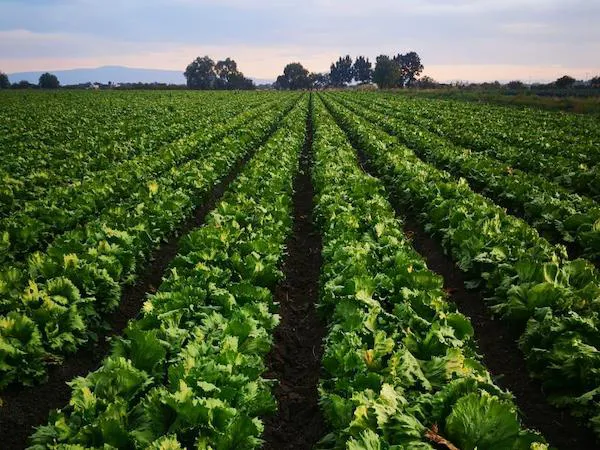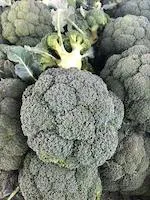Many vegetables are currently growing in California and Central Mexico, such as broccoli, carrots, lettuce, beets, Brussels sprouts and cabbage. Fortune Growers is currently growing each of these in Mexico, and is also growing broccoli, celery, lettuce and cauliflower in California. Mark Sato discusses the effects of the pandemic on the company and on the vegetable industry in general.
Each of these vegetables is going through a rough time right now, Sato says. “As a company, we are traditionally more geared toward the food service industry, though we do have a good amount of retail customers as well. Because of the impact on the restaurant business, we have had to dramatically shift our focus to reflect the new situation. A couple of weeks ago the retail demand was tripled while foodservice was reduced to almost nothing. The foodservice industry does still see some movement, but it depends on the location and who their end-users are. New York, for example, was hit heavily by the pandemic and there the foodservice industry is really down. In other areas where the effects haven’t been as bad yet, like the Southeast for example, it’s not as bad yet.”

Mid-April might bring relief for broccoli
The Salinas growing region started up a few weeks ago and are now in full swing, and the Yuma desert regions have mostly wrapped up. This means that there is plenty of available product to fill up any retail gaps that might have occurred due to the panic buying, but because of the current situation the good volumes are posing a challenge for the industry. “In addition to the California volumes, Mexico has high volumes too because of recent warm weather. Growers in Mexico have been shifting products to freezers to try and preserve what isn’t being sold, but a lot of product is being lost too. There really isn’t one of these products that’s trading above cost level, everything is going below cost level, so it’s a very challenging time,” Sato shares.
 In lieu of normal business, many foodservice companies have partnered up with wholesalers and retailers to help them move the product they hand on hands into stores, but this has significantly slowed down the FOB sales from the shipping points and growing regions, Sato shares. Fortunately, for broccoli there might be some relief coming around the middle of April. “When the market was poor in early February, a lot of growers decided not to put any new seedlings into the fields so there will be much lower volumes in mid-April. This might shake some things up in the market. Ordinarily, there would be a huge upswing in the market because of this, but right now there are too many variables at play to predict what will happen,” he explains.
In lieu of normal business, many foodservice companies have partnered up with wholesalers and retailers to help them move the product they hand on hands into stores, but this has significantly slowed down the FOB sales from the shipping points and growing regions, Sato shares. Fortunately, for broccoli there might be some relief coming around the middle of April. “When the market was poor in early February, a lot of growers decided not to put any new seedlings into the fields so there will be much lower volumes in mid-April. This might shake some things up in the market. Ordinarily, there would be a huge upswing in the market because of this, but right now there are too many variables at play to predict what will happen,” he explains.
No help coming from Mexican government
While the United States has recently announced a multi-trillion-dollar stimulus package, Mexico hasn’t announced any similar plans to help the economy. Sato shares: “A lot of smaller growers in Mexico will struggle to remain operational. February was a poor month for the products too, and then to come out of the low markets and be hit with this pandemic really put everything into a tailspin. The long-term viability of many of these growers is uncertain at the moment.”
“Fortunately, we’re positioned well and are continuing to ship our product and support all of our customers. There are a lot of different ways to work in the near term to remain viable and liquid, and we’re working together to find solutions that are in everyone’s best interest,” Sato concludes.
 For more information:
For more information:
Mark Sato
Fortune Growers
Tel: +1 (805) 481-1055
Email: mark.sato@fortunegrowers.com
www.fortunegrowers.com
